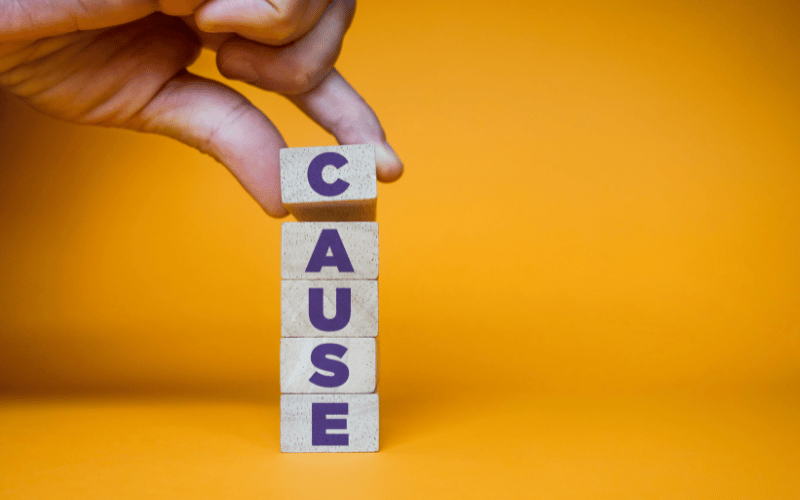Fact 2: The Undercover Culprits – What Causes Cracked Tooth Syndrome?

The origins of Cracked Tooth Syndrome often lie in the everyday. It can stem from something as simple as chewing on hard foods like nuts or ice, which can create micro-fractures over time. The repeated stress of chewing can eventually turn these tiny fissures into significant cracks, leading to CTS.
Another common culprit is bruxism, the medical term for grinding one’s teeth. This habit, particularly when it occurs during sleep, exerts excessive force on the teeth, which can lead to cracks. The pressure can be so intense that it not only cracks the teeth but also leads to other issues like jaw pain and headaches.
Age plays a role as well; as we grow older, our teeth naturally become more brittle and less resilient to stress. This increased fragility means that the normal forces of chewing can cause damage that wouldn’t have occurred in younger, more elastic teeth. Add to this the fact that many older teeth have been subjected to various dental procedures over the years, and it’s clear why age is a significant factor in the development of CTS.
Dental procedures, while necessary for overall oral health, can also contribute to the problem. Large fillings and other restorations can weaken the tooth structure, particularly if the natural contour of the tooth is not adequately restored. This weakening can make the tooth more susceptible to cracking under the pressures of normal use.
Lastly, accidents and trauma are also responsible for a number of CTS cases. A fall, a blow to the face, or any sudden impact can cause a tooth to crack. Even a sudden change in temperature, such as drinking something extremely hot immediately after something cold, can result in a thermal shock that produces a crack. (2)